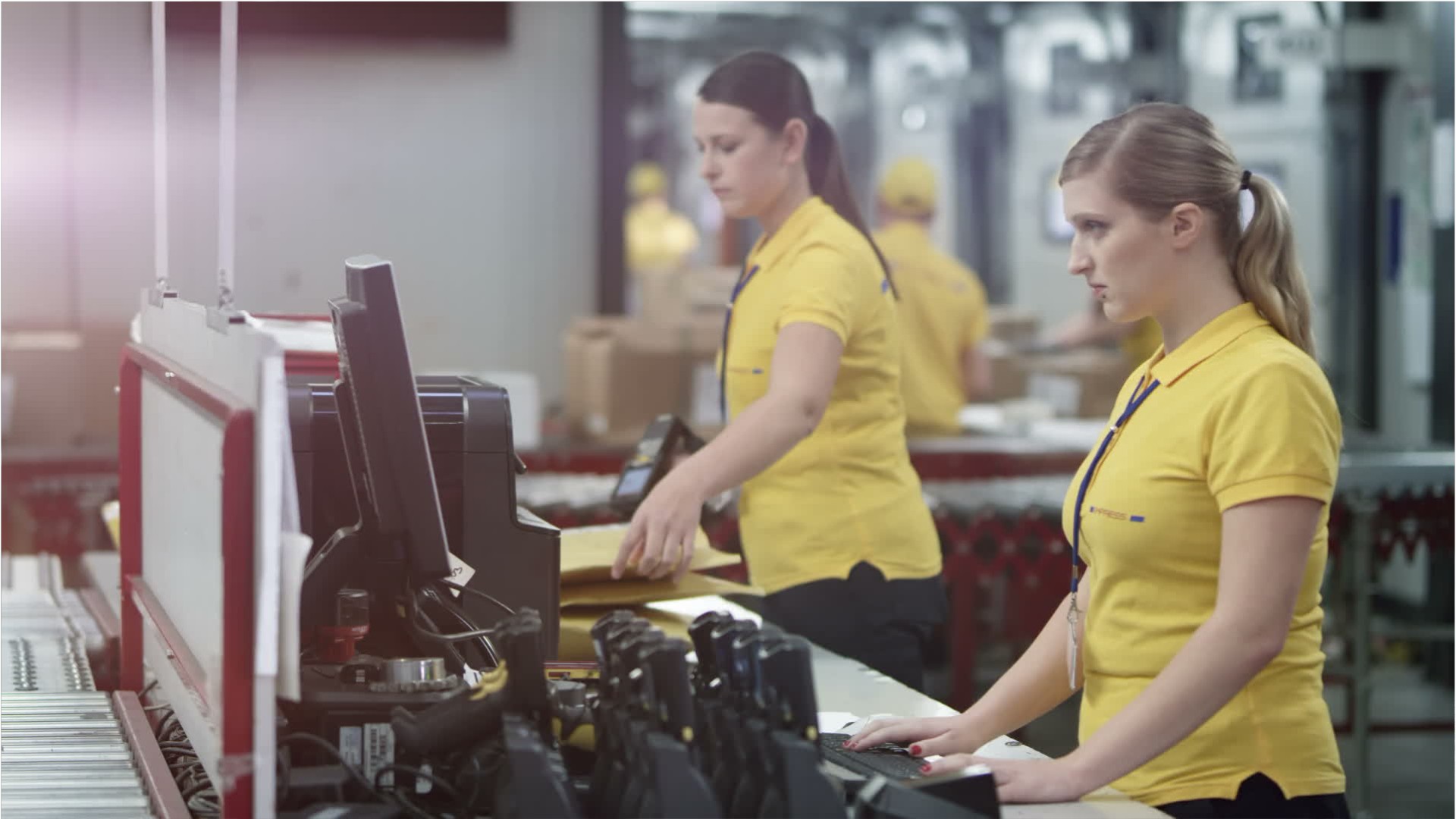Production, Planning, & Expediting Clerks
Expeditor, Materials Planner, Production Planner, Production Scheduler
 Select a military branch to see samples.
Select a military branch to see samples.
Air Transportation; Aviation Resource Management Craftsman; Ground Transportation Apprentice; Logistics Plans Journeyman; Logistics Readiness, RPA; Maintenance Management Superintendent; Medical Materiel Craftsman; Mission Generation Vehicular Equipment Maintenance Helper, Firefighting and Refueling Vehicle and Equipment Maintenance; Mobility Force Aviator, WC-130J Loadmaster; Operations Management Journeyman
Aircraft Components Repair Supervisor; Ammunition Specialist; Automated Logistical Specialist; Aviation Combined Arms Operations; Aviation Maintenance Technician (Nonrated); Aviation Senior Sergeant; Health Services Materiel; Petroleum Supply Specialist; Property Accounting Technician; Transportation Management Coordinator
Aviation Engineering Specialty; Gunner's Mate; Marine Safety Specialist Engineer; Storekeeper
Aircraft Maintenance Engineer Officer; Aviation Logistician; Aviation Operations Specialist; Aviation Support Equipment Asset Manager; Engineer Equipment Chief; Joint Strike Fighter (JSF) Maintenance Specialist; Logistics/Embarkation Specialist; Marine Air Ground Task Force (MAGTF) Planning Specialist; Ordnance Vehicle Maintenance Chief; Quality Assurance Representative
3-M System Coordinator; Aircraft Intermediate Maintenance Officer, Armament Equipment; Aircraft Organizational Maintenance Officer, Aircraft Division; Armament Weapons Support Equipment (ASWE) Maintenance Manager; Aviation Maintenance Material Control Master Chief; Depot Maintenance Engineering and Quality Officer; Individual Global War on Terrorism (GWOT) Individual Augmentee/In Lieu Of (IA/ILO) Special Operations (SPECOPS) Support Team; LDO - Nuclear Power; Ship Construction and Repair Superintendent (General); Stock Control Officer, Requirements
Maintenance Management; Maintenance Management Apprentice; Maintenance Management Craftsman; Maintenance Management Helper; Maintenance Management Journeyman; Maintenance Management Manager; Maintenance Management Superintendent
What they do:
Coordinate and expedite the flow of work and materials within or between departments of an establishment according to production schedule. Duties include reviewing and distributing production, work, and shipment schedules; conferring with department supervisors to determine progress of work and completion dates; and compiling reports on progress of work, inventory levels, costs, and production problems.
On the job, you would:
- Distribute production schedules or work orders to departments.
- Revise production schedules when required due to design changes, labor or material shortages, backlogs, or other interruptions, collaborating with management, marketing, sales, production, or engineering.
- Review documents, such as production schedules, work orders, or staffing tables, to determine personnel or materials requirements or material priorities.
Knowledge
Manufactured or Agricultural Goods
- manufacture and distribution of products
Business
- customer service
- administrative services
Arts and Humanities
- English language
Engineering and Technology
- computers and electronics
Skills
Basic Skills
- reading work related information
- talking to others
Problem Solving
- noticing a problem and figuring out the best way to solve it
Abilities
Verbal
- listen and understand what people say
- communicate by speaking
Ideas and Logic
- order or arrange things
- notice when problems happen
Personality
People interested in this work like activities that include data, detail, and regular routines.
They do well at jobs that need:
- Attention to Detail
- Dependability
- Cooperation
- Adaptability
- Integrity
- Achievement Orientation
Technology
You might use software like this on the job:
Enterprise resource planning ERP software
- Oracle PeopleSoft
- SAP software
Data base user interface and query software
- Airtable
- Oracle Database
Materials requirements planning logistics and supply chain software
- Bill of lading software
- Waterloo Hydrogeologic TACTIC
Education
Education: (rated 2 of 5)
high school diploma/GED or
some college
usually needed
some college
usually needed
Job Outlook
Below Average
New job opportunities are less likely in the future.
Explore More
- First-Line Supervisors of Helpers, Laborers, & Material Movers, Hand
- First-Line Supervisors of Production & Operating Workers
- Project Management Specialists
- Shipping, Receiving, & Inventory Clerks
- Weighers, Measurers, Checkers, & Samplers, Recordkeeping
You might like a career in one of these industries:
See more details at O*NET OnLine about Production, Planning, & Expediting Clerks.





